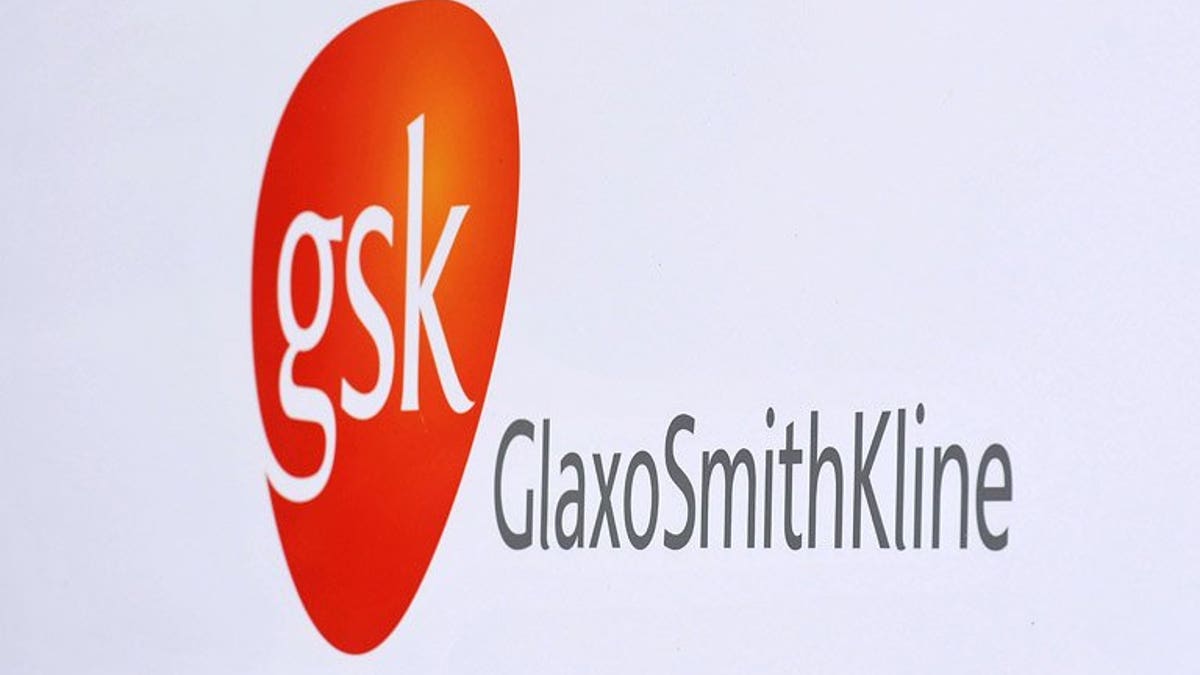
India has revoked a local patent granted to Britain's GlaxoSmithKline for a breast cancer drug in the latest blow to companies seeking a bigger presence in the country's $13 billion medicine market. (AFP)
NEW DELHI (AFP) – India has revoked a local patent granted to Britain's GlaxoSmithKline for a breast cancer drug in the latest blow to companies seeking a bigger presence in the country's $13 billion medicine market.
Tykerb, one of the most widely prescribed breast cancer treatments in India used to treat advanced forms of the disease, is a newer version of GlaxoSmithKline's (GSK) original anti-breast cancer drug lapatinib.
The Indian patent board revoked the patent for Tykerb, calling it an incremental improvement of the original compound and not sufficiently innovative to warrant a patent.
The ruling underscores Indian authorities' tough stance against what is called "evergreening" or minor changes to a drug to extend its patent shelf life, said Dominc Alvares, the lawyer who was part of the team which challenged GSK's Tykerb patent.
"India has some of the toughest patent laws -- and they are based on public interest," Alvares, of S. Majumdar and Co, told AFP.
Once drugs go off patent, they can be sold more cheaply.
GSK had argued that Tykerb delivered a better "therapeutic" effect than its predecessor.
"We are disappointed that the patent board has revoked our patent for the lapatinib ditosylate salt (Tykerb)," a company official said in an emailed message.
"Intellectual property protection is an important aspect in ensuring innovation is encouraged and appropriately rewarded," the official added, asking not to be named.
Western drug-makers are seeking to win a larger part of India's rapidly expanding drugs market, valued at around $13 billion.
But they say that India, known as the "pharmacy to the world" for its huge generics industry that turns out copycat versions of branded drugs, fails to respect intellectual property rights.
India's law restricts pharmaceutical companies from seeking fresh patents for making minor modifications.
The Tykerb ruling comes after the Supreme Court in April struck down a patent for an updated version of Swiss giant Novartis's blockbuster leukaemia drug Glivec.
Novartis had argued the compound was a significant improvement because it is more easily absorbed by the body but the court said it did not pass the test of innovation.
Experts then said the court ruling could pave the way for a rush of similar Indian rulings.
GSK is considering an appeal of the decision "to validate this patent", said the company official.
The ruling only affects the new patent, not the original patent for the main active ingredient in the drug, lapatinib, which expires in 2019.
